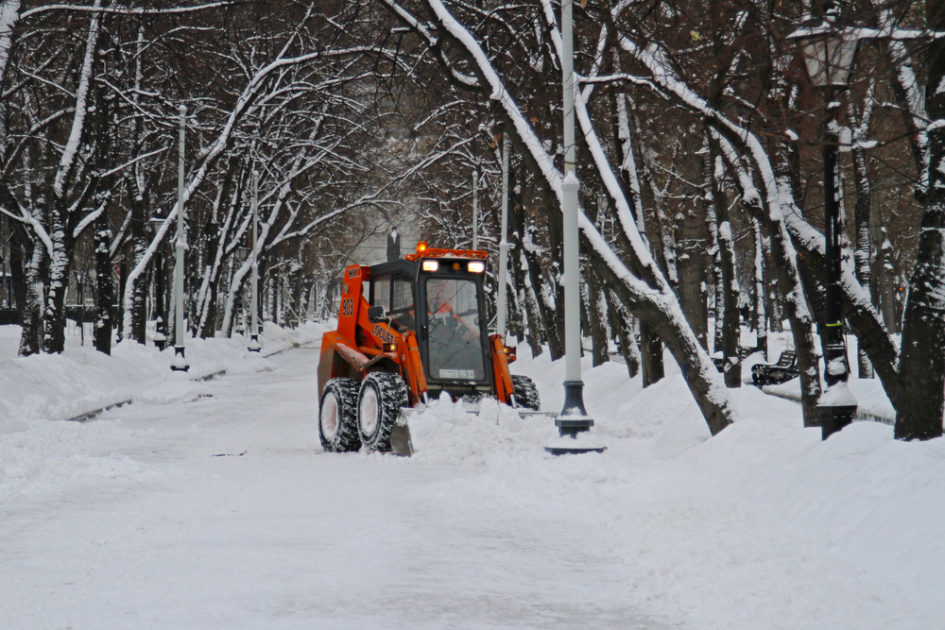 Print
Print
With the impending snow season rapidly approaching, it is important for associations to be aware of certain provisions of the Illinois Snow Removal Service Liability Limitation Act, which was signed into law and became effective on August 25, 2016. Most significantly, the Act now voids many of the all-too-common indemnification and hold harmless language, which passes liability from one party to the other.
Pursuant to Section 10 of the Snow Removal Service Liability Limitation Act, a provision of a snow removal and ice control services contract will be void as against public policy if it requires, or has the effect of requiring any of the following:
(1) A service provider to indemnify a service receiver for damages resulting from the acts or omissions of the service receiver or the service receiver’s agents or employees.
(2) A service receiver to indemnify a service provider for damages resulting from the acts or omissions of the service provider or the service provider’s agents or employees.
(3) A service provider to hold a service receiver harmless from any tort liability for damages resulting from the acts or omissions of the service receiver or the service receiver’s agents or employees.
(4) A service receiver to hold a service provider harmless from any tort liability for damages resulting from the acts or omissions of the service provider or the service provider’s agents or employees.
(5) A service provider to defend a service receiver against any tort liability for damages resulting from the acts or omissions of the service receiver or the service receiver’s agents or employees.
(6) A service receiver to defend a service provider against any tort liability for damages resulting from the acts or omissions of the service provider or the service provider’s agents or employees.
Previously, it was not uncommon for snow removal and/or ice control services contracts to shift liability to the service provider, making the service provider liable for injuries resulting from, for example, a slip and fall on ice due to inadequate snow removal. While liability could have also been shifted to the association or even the property manager as the service receiver, it has generally been far more common to find contracts that shift the liability to the service provider. Now, however, such contractual provisions are automatically void as against public policy.
Notably, the Act does not apply to the following:
(1) Contracts for snow removal or ice control services on public roads or with public bodies;
(2) Contracts for snow removal or ice control services with a public utility;
(3) Insurance policies, surety bonds or workers’ compensation; or
(4) Liabilities, immunities or affirmative defenses arising under other law.
Please contact your Tressler attorney to have your association’s proposed contract for snow and ice removal contract reviewed to ensure that all of the provisions of the contract will be enforceable.

